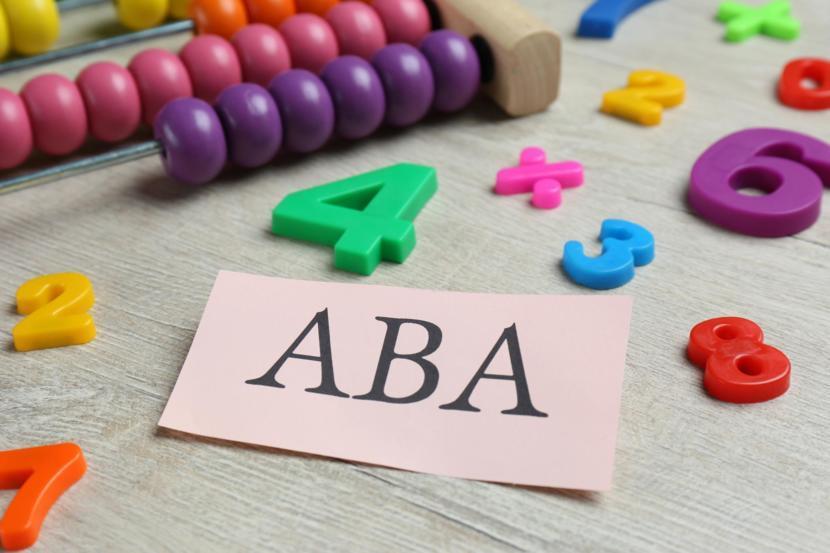When is Attention Extinction the Wrong Answer?

Dr. Gonzales is a doctoral-level behavior analyst with 14 years of experience and currently serves as the Chief Clinical Officer of Alamo Behavior Analysis. She has early-career experience in general education, holding an MAT in early childhood education from Trinity University (class of 2008), along with an M.Ed in Special... more
I used to think that attention extinction was the best course of action for perseverative speech/fixation.
This weekend I did what turned out to be a really great CEU about psychiatric medication and ABA that initially made me feel really icky because a successful dependent variable was the reduction of repetitive delusional statements.
As a person who was hospitalized for acute postpartum psychosis, this DV made me angry because repetitive reassurance was very comforting when I was having distressing delusions.
Fast forward to today’s session.
I work with a young adult who often fixates on the concept of being born again.
I typically will ask a few questions and then try to redirect. Later, I will make some general statement about the fact that we had already talked about that and then try to use some basic attention extinction.
Thinking about my visceral reaction to the article’s problematic DV, I tried something different today.
This time I had a complete and fleshed out conversation about their future reincarnation.
I asked:
“What year will you be born again?”
“That’s in 300 years. What will you be doing until then? Like, will you be in heaven or will you be reincarnated as an animal or a person?”
“What country and city will you be born in?”
“What will your name be?”
“What will you look like?”
“Will you be married? What will their name be?”
“Will you have kids?”
“Will you live in a magic house like in Encanto?”
We talked for at least 10 minutes.
Then they paused for about 15 seconds and I asked, “Are you done talking about this? Or do you want to keep talking?”
They said they were done and the topic did not come up for the rest of the two hours I was there.
By honoring the thought and concept they were fixated on through genuine interest, I created an abolishing operation due to satiation.
Their thoughts and what he wanted to talk about were honored.
They felt heard.
They did not need to interrupt learning to discuss this topic because we wanted until they said everything they needed to say.
It felt like a much more genuine, meaningful, and compassionate way to handle a behavior that typically interrupted learning.
Attention extinction, like escape extinction, does have its place (sometimes).
However, think about how you would feel if you wanted to talk to therapist you were paying and they kept ignoring you and saying, “We already talked about that.”
Pretty frustrated?
Unheard?
Undervalued?
The same thing is true for a person with IDD.
Next time, maybe examine how to use motivating operations and satiation.
I put myself in my learner’s shoes today and it paid off big time.








